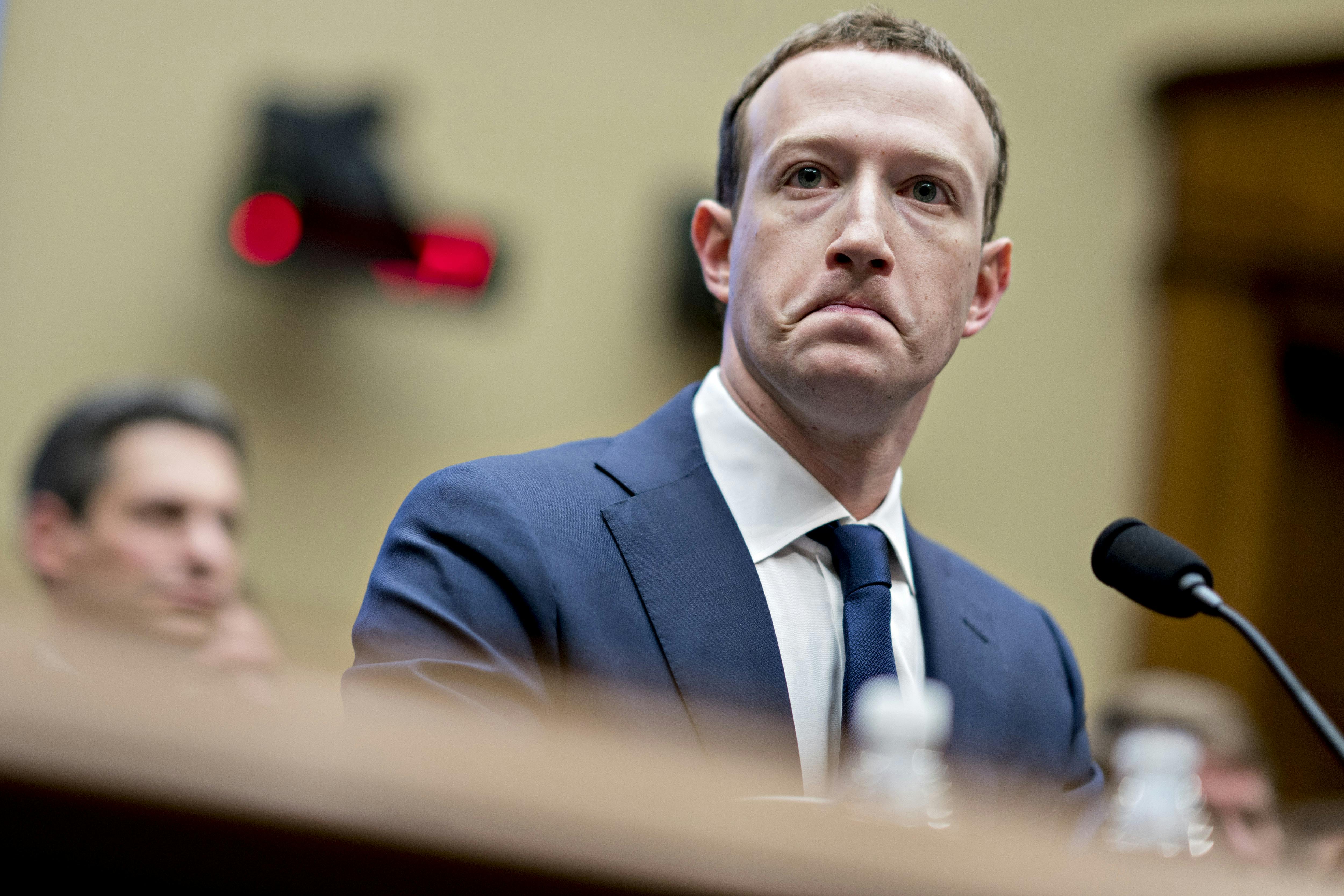
Fifteen years ago today, Mark Zuckerberg launched Facebook—then known as TheFacebook—out of his Harvard dorm room. It now has more than two and a half billion users across its applications, including Instagram and WhatsApp, and a market capitalization of around $500 billion. By just about any measure, it is one of the most successful and consequential companies ever. But judged against its founder’s own grandiose vision, the company indisputably has failed.
Zuckerberg has long made the case that his company isn’t just about amassing users and monopolizing advertising revenue. Facebook aims to make the world a better, more peaceful place by connecting people who, before the network’s existence, were separated by geographic and identitarian boundaries. “Facebook was not originally created to be a company,” Zuckerberg wrote in a manifesto published on the eve of the company’s going public in February of 2012. “It was built to accomplish a social mission—to make the world more open and connected.”
Facebook is effectively the front page of the internet: One out of every five minutes on the mobile internet is spent on the site. So it has succeeded in connecting much of the world—but often for the worse. Far from freeing people from tyranny and oppression, Facebook has been shown to fuel unrest, violence, and even genocide. The same place you go to wish an uncle happy birthday is, for hostile state and non-state actors, a vital hub for propaganda, misinformation, and recruitment. Whether Facebook survives another 15 years or not, this will be the legacy it has bequeathed to the internet as a whole.
Facebook’s rise was meteoric, even compared to the other “Big Four” companies—Apple, Amazon, Google—to which it is frequently compared. After launching as a Harvard-only social network in February of 2004, it spread rapidly across college campuses before being made available, in September of 2006, to everyone in the United States. By the fall of 2012, it had one billion users; five years later, it crossed the two billion mark.
Initially, Zuckerberg was resistant to advertising on the site, believing that it was intrusive and distracted from the user experience. But after Sheryl Sandberg joined the company from Google in 2008—with the directive to make the company profitable—Facebook embraced extensive user tracking and became one of the most powerful advertising companies in the planet. Its revenue has skyrocketed in the last few years, topping $55 billion in 2018.
At the same time, the company has become so large and complex that it’s possible no one, including Zuckerberg and Sandberg, really understands it. Facebook is a social network, an advertising company, and a data collection hub that relentlessly surveils and profiles its users. It is being utilized by companies wishing to find new customers, as well as governments looking to foil terrorist attacks (and, increasingly, to meddle in the elections and domestic affairs of adversaries). Its advertising business has played a pivotal role in the decimation of the American news media.
A site that was once a place for centralizing social obligations—a mix of an address book and a scrap book, a place to easily share milestones and memories with family and friends—has grown into a world unto itself that plays a pivotal, and often damaging, role in democracies and dictatorships alike. It has been seized on by hatemongers across the world, who use it to spread misinformation and messages of ethnic division with frightening speed, facilitating murders in India and genocide in Myanmar.
Facebook did not invent propaganda or misinformation; mass media has been used to spread hate and violence for as long as mass media has existed. It’s possible, perhaps even likely, that many of the malicious acts that are blamed on Facebook would have happened without it, but the social network has nevertheless been a kind of inadvertent pathfinder, a company so convinced of its public utility that it was, until it was too late, blind to its numerous adverse effects. But Facebook has made it easier to unleash these negative forces and to harness the internet for horrific acts, and it will take more than an apology tour to undo the damage.
Facebook will change dramatically over the next 15 years. The rise of deepfakes is already making the problem of fake news—the real kind, not the Trumpian insult—seem quaint. How will augmented reality be used for evil? We can only imagine. But it requires little imagination to see that Facebook is ill-equipped to handle these future threats, given its utter failure to address myriad crises ranging from its handling of user data to its spread of misinformation that may have compromised elections in the U.S., Germany, and elsewhere.
That makes this a pivotal moment not just in Facebook’s history, but America’s—if not the world’s. No company has emerged to challenge Facebook’s supremacy, as it continues to corral users and make record profits. It will require collective action, then, to force the company to change, so that the next 15 years of the internet don’t look like the Facebook-dominated internet of today, or worse. Governments, most importantly the U.S. and EU, have the power to diminish the company’s extreme influence on society, with the laws that tie its hands or even break it up. Facebook’s users have a different sort of power: They can relegate the network to obscurity simply by logging off.
Neither action, alas, would solve the underlying problem. If, by 2034, Facebook has become the next MySpace, we can only wonder what horrors “the next Facebook” has in store for us.


No comments :
Post a Comment